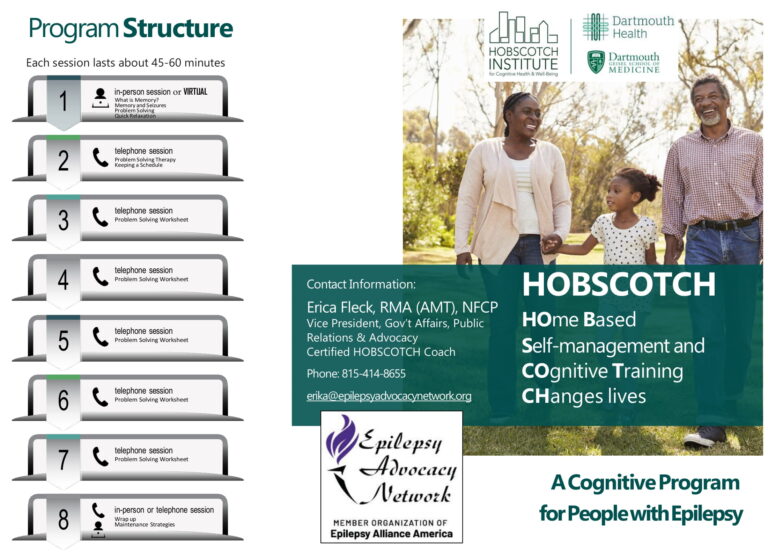Covid-19 Awareness
Are people with Epilepsy at higher risk of developing COVID-19 (coronavirus)?
Epilepsy is a “family” of many different disorders that lead to seizures. Some people will have easily controlled seizures, have no other health problems, and become seizure-free on medications. Or they may have epilepsy with occasional seizures but no other health problems. For these people, the available data suggests that just having epilepsy alone
- Does not increase the risk of getting COVID-19 AND
- Does not increase the severity of COVID-19
There is no evidence that people with epilepsy alone have a weakened immune system. They should not be considered “immunocompromised” and would not have an “immune deficiency” from having seizures. People with different types of epilepsy, certain causes of epilepsy or other health conditions may have factors affecting their immune system.
What factors may increase the risk from COVID-19 for a person with Epilepsy?
Some people with epilepsy regardless of seizure control have other health conditions that put them at higher risk from COVID-19.
- They may be taking medicines to control seizures that also affect their immune system (for example, ACTH, steroids, everolimus, immunotherapies). It is important to note that most seizure medicines do not affect the immune system.
- Some people may have other neurological or developmental issues that affect their immunity. People in these situations are at greater risk of developing more severe symptoms with viral illnesses.
- People with epilepsy may have other medical problems that could place them at higher risk of developing more severe symptoms with COVID-19.
- For example, people who have problems swallowing or frequently inhale food or liquids into their lungs (aspiration) are at higher risk for pneumonia.
- People with diabetes or underlying heart or lung problems also appear to be at higher risk for severe COVID-19.
Regardless of your situation, it is important for anyone with epilepsy to talk to their treating health care provider about their individual risks and if anyspecific medical precautions are needed. Take precautions to avoid getting sick too. Source: epilepsy.com


